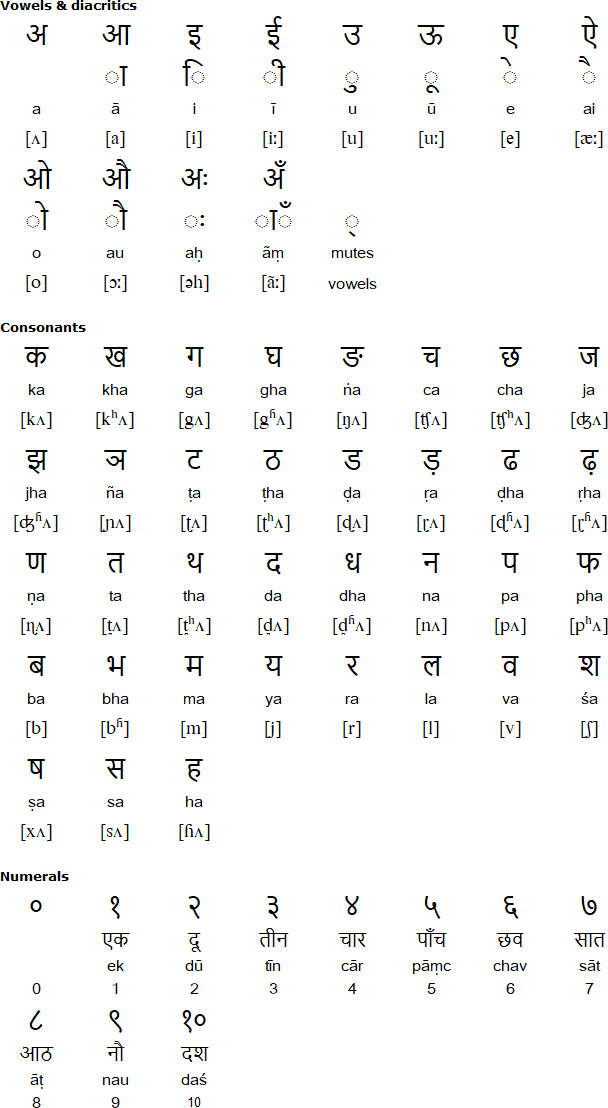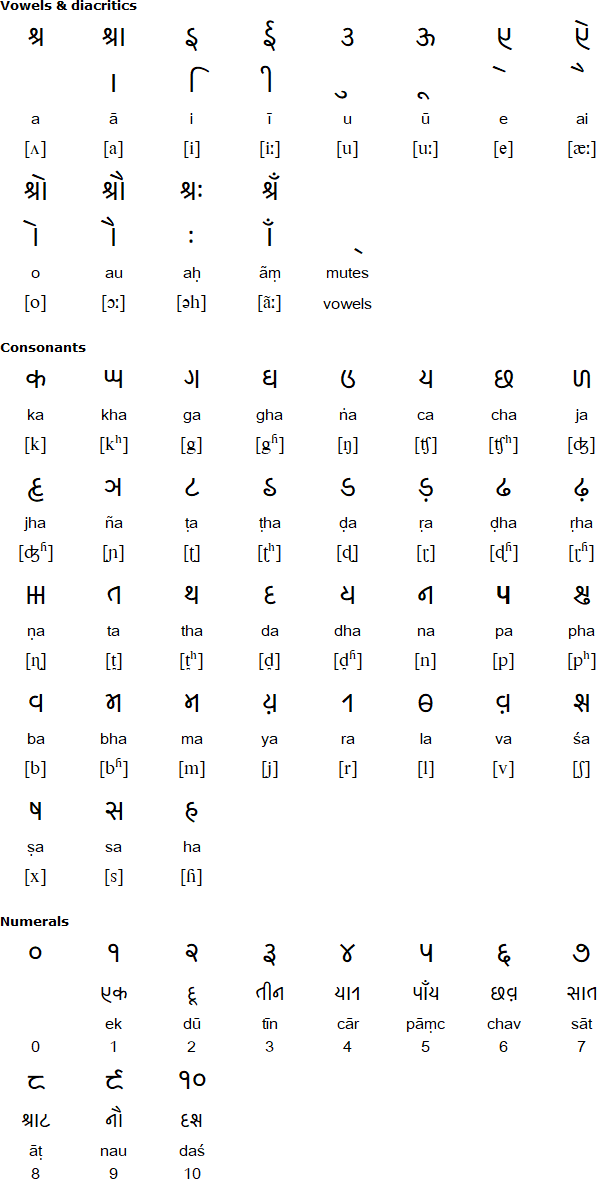Bhojpuri is a Bihari language spoken mainly in central and eastern India, and also in Nepal, Mauritius and South Africa. In India Bhojpuri speakers can be found in western Bihar state, in the northwest of Jharkhand and in the Purvanchal region of Uttar Pradesh. Bhojpuri spoken in Suriname is known as Sarnami Hindi or Sarnami and has absorbed vocabulary from English and Dutch.
Bhojpuri used to be considered a dialect of Hindi, but is the government of India is planning grant it the status of national scheduled language.
Bhojpuri is closely related to Maithili and Magadhi and they are collectively known as Bihari languages. It is also part of the eastern Indo-Aryan languages and related to Bengali and Odia. According to the 2011 census, the number of Bhojpuri speakers in India is 50.6 million. There are also about 1.74 million speakers of Bhojpuri in Janakpur and Lumbini provinces of Nepal, 66,000 in Mauritius and 57,000 in South Africa.
From 16th century until the mid 20th century Bhojuri was written with the Kaithi script, and also with the Perso-Arabic script. The Kaithi script is still used to a limited extent today, though Devanāgarī is more common and has been used in official documents since 1894.


Download alphabet charts for Bhojpuri (Excel)


Savahi lokāni ājāde jammelā āor oyviniyo ke barābar sammān āor aghkāri prāpta have. Oyviniyo ke pās samajh-būjh āor aṅtaḥkaraṇ ke āvāj hoyvatā āor hunako ke dosarā ke sāth bhājhrcārā ke bevahār kare ke hoyvalā.
All human beings are born free and equal in dignity and rights.
They are endowed with reason and conscience and should act towards
one another in a spirit of brotherhood.
(Article 1 of the Universal Declaration of Human Rights)
Information in Bhojpuri | Phrases | Numbers
Information about Bhojpuri
http://en.wikipedia.org/wiki/Bhojpuri_language
https://www.ethnologue.com/language/bho
https://jogira.com/bhojpuri-language-cultural-region-and-people/
Angika, Bhojpuri, Danwar, Khortha, Kurmali, Magahi, Maithili, Sadri
Aka-Jeru, Angika, Athpare, Avestan, Awadhi, Bahing, Balti, Bantawa, Belhare, Bhili, Bhumij, Bilaspuri, Bodo, Bhojpuri, Braj, Car, Chamling, Chhantyal, Chhattisgarhi, Chambeali, Danwar, Dhatki, Dhimal, Dhundari, Digaro Mishmi, Dogri, Doteli, Gaddi, Garhwali, Gondi, Gurung, Halbi, Haryanvi, Hill Miri, Hindi, Ho, Jarawa, Jaunsari, Jirel, Jumli, Kagate, Kannauji, Kham, Kangri, Kashmiri, Khaling, Khandeshi, Kharia, Khortha, Korku, Konkani, Kullui, Kumaoni, Kurmali, Kurukh, Kusunda, Lambadi, Limbu, Lhomi, Lhowa, Magahi, Magar, Mahasu Pahari, Maithili, Maldivian, Malto, Mandeali, Marathi, Marwari, Mewari, Mundari, Nancowry. Newar, Nepali, Nimadi, Nishi, Onge, Pahari, Pali, Pangwali, Rajasthani, Rajbanshi, Rangpuri, Sadri, Sanskrit, Santali, Saraiki, Sirmauri, Sherpa, Shina, Sindhi, Sunwar, Sylheti, Tamang, Thakali, Thangmi, Wambule, Wancho, Yakkha, Yolmo
Page last modified: 26.12.21
[top]
You can support this site by Buying Me A Coffee, and if you like what you see on this page, you can use the buttons below to share it with people you know.

If you like this site and find it useful, you can support it by making a donation via PayPal or Patreon, or by contributing in other ways. Omniglot is how I make my living.
Note: all links on this site to Amazon.com, Amazon.co.uk
and Amazon.fr
are affiliate links. This means I earn a commission if you click on any of them and buy something. So by clicking on these links you can help to support this site.
[top]